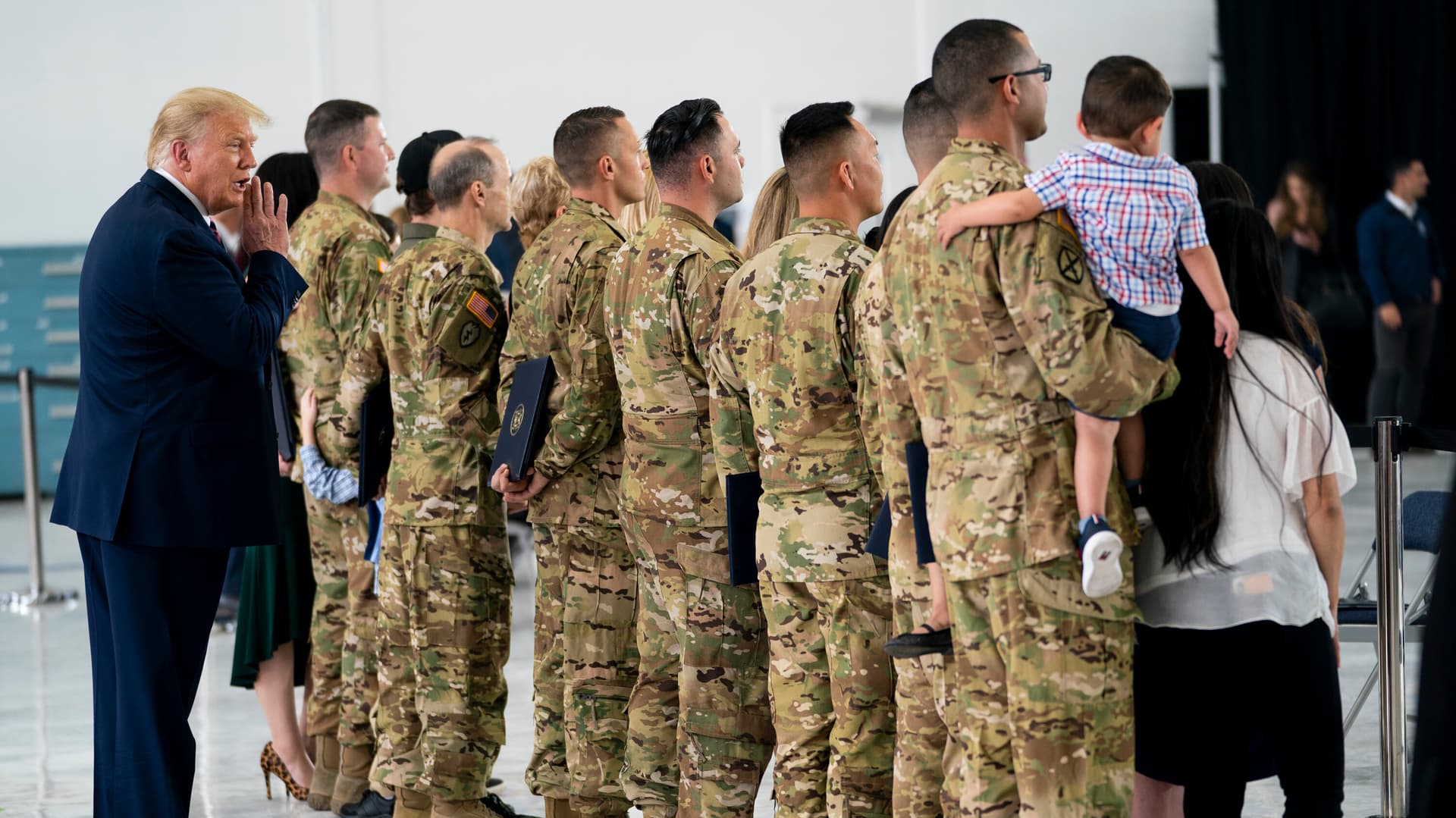Supreme Court Declines to Revive UBS Whistleblower Verdict
The Supreme Court on November 24 declined to hear an appeal by Trevor Murray, leaving intact a 2nd Circuit ruling that voided a $2.6 million jury award in a whistleblower retaliation case against UBS. The decision closes a turbulent legal chapter that has tested the balance between procedural rules and protections for employees who report corporate misconduct.
The Supreme Court’s refusal to take up the case of former UBS bond strategist Trevor Murray on November 24 leaves in place a 2nd U.S. Circuit Court of Appeals decision that tossed a $2.6 million jury award for retaliation. Murray had alleged that the Swiss bank unlawfully fired him after he refused to publish misleading research reports in 2012. A Manhattan jury sided with Murray in 2020, but appellate courts have repeatedly revisited the case on procedural grounds.
The path to the latest outcome has been marked by conflicting rulings over both the substantive standard for whistleblower claims and the instructions given to jurors. In 2024 the Supreme Court intervened to lower the standard that whistleblowers must meet under the Sarbanes Oxley Act, effectively restoring the jury verdict and signaling a broader willingness to protect employees who report potential securities law violations. That ruling shifted the legal landscape by reducing the burden that plaintiffs must satisfy to show protected activity.
Despite that earlier victory, the 2nd Circuit in 2025 again set aside the award, concluding that the trial had been conducted under flawed jury instructions that tainted the verdict. With the high court declining to review the appeal, the appellate court’s finding on jury instruction error remains the final word in the case. Legal analysts said the resolution underscores how procedural issues can be dispositive even after landmark substantive rulings from the Supreme Court.
The case highlights the tension between appellate review focused on trial fairness and the practical protections available to employees who raise alarms about corporate conduct. Observers say the decision could influence how both plaintiffs and defendants approach whistleblower litigation, prompting greater scrutiny of trial procedure and the precision of jury directions. The outcome also carries implications for corporate compliance programs, which may face renewed pressure to ensure that employees who refuse to participate in questionable practices are protected and that terminations are carefully documented for legitimate business reasons.
Murray’s attorney expressed disappointment with the high court’s refusal to intervene and said the legal team remains committed to pursuing justice for their client. UBS has maintained that Murray’s termination was part of broader cost cutting measures and not an act of retaliation. Those competing narratives reflect the broader stakes for investors, employees and regulators seeking to enforce transparency in financial research and corporate decision making.
Beyond the immediate parties, the episode may prompt lawmakers and regulators to reassess gaps that allow procedural errors to erase substantive victories for whistleblowers. Congress has previously amended disclosure and anti retaliation provisions in response to judicial interpretation, and the interplay between substantive standards and trial procedure in this case could resurface in legislative and regulatory debates about how best to protect those who report potential corporate wrongdoing.
For now, the judicial record stands with the 2nd Circuit and the $2.6 million verdict remains vacated, leaving unanswered questions about how far the law will go to shield employees who dissent from corporate practices.


